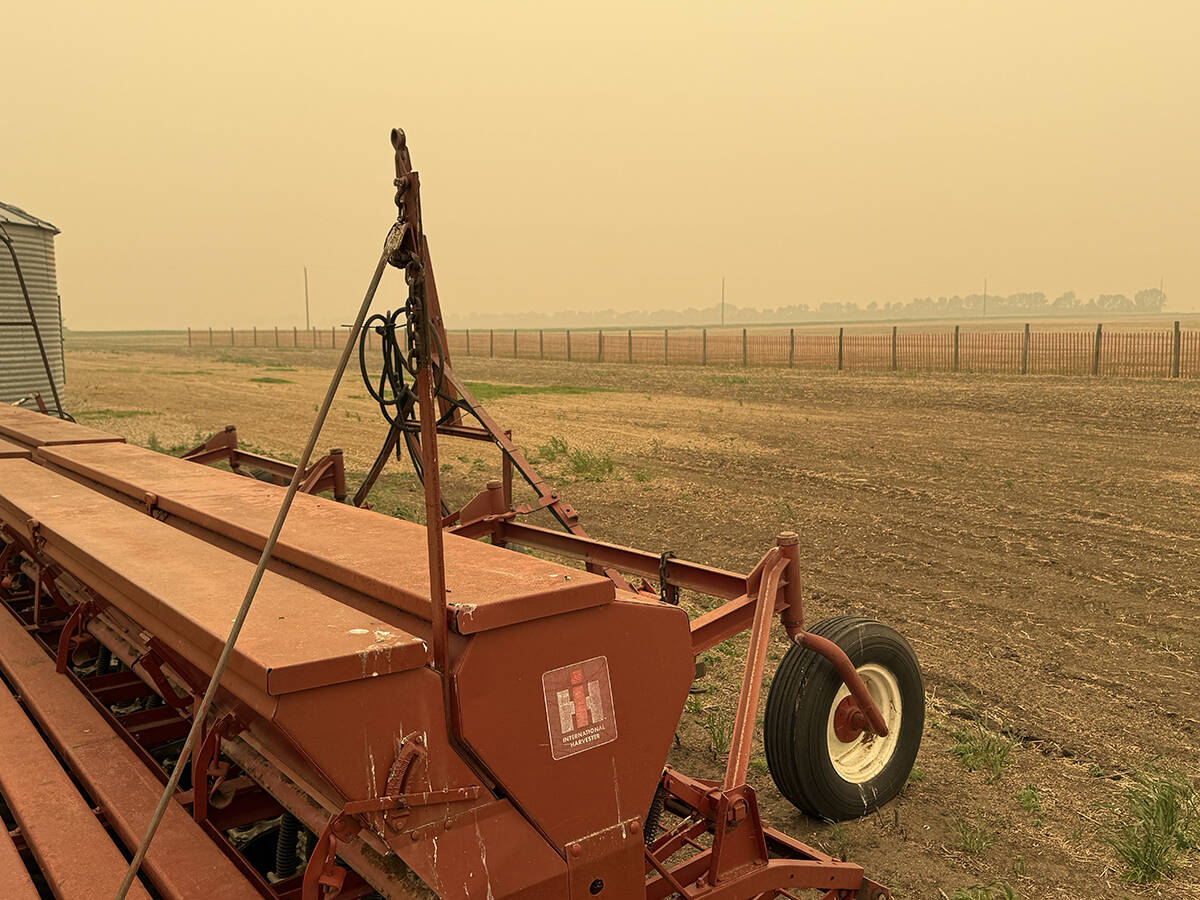Many faces involved in agricultural debates in the new Parliament will be familiar, even if some of the issues will have evolved from last time they met.
Prince Edward Island Liberal Wayne Easter, a six-term MP and former National Farmers Union president, remains the Liberal agriculture critic.
“The biggest issue we will have to deal with is the continued crisis in the livestock industry,” he said.
“In P.E.I., 80 percent of the hog industry has gone in the past year. I don’t see the current programs dealing with that.”
Read Also

Wildfires have unexpected upside this year
One farmer feels smoke from nearby wildfires shrouded the July skies and protected his crop from the sun’s burning rays, resulting in more seeds per pod and more pods per plant.
For the New Democratic Party, second-term MP Alex Atamanenko from British Columbia returns as agriculture critic. He said food safety and the future of the Canadian Food Inspection Agency will be key issues.
“I am going to be watching the food safety file very closely,” he said.
“I hope they will see the listeriosis crisis of last summer and the continued concern about food safety as a reason to strengthen the food inspection system. We will see.”
Winnipeg NDP MP Pat Martin remains his party’s Canadian Wheat Board critic, vowing to mobilize the fight against any government attempt to erode the board’s single desk.
Agricultural issues have the potential to be major flash points in the new Parliament.
Will the cosmetic changes to the margin-based farm support program be adequate to meet producers’ needs?
Will the Conservative government back opposition parties into a corner by pressing forward on CWB legislation as a confidence motion?
Will the government’s vow of spending restraint affect spending on agriculture?
“These are all questions we have to be aware of,” said Canadian Federation of Agriculture vice-president Ron Bonnett.
“We will be pressing the government to remain aware of the issues that continue to confront the sector.”
Atamanenko worried that government vows of spending restraint in the face of economic turmoil could affect support for necessary farm support programs.














